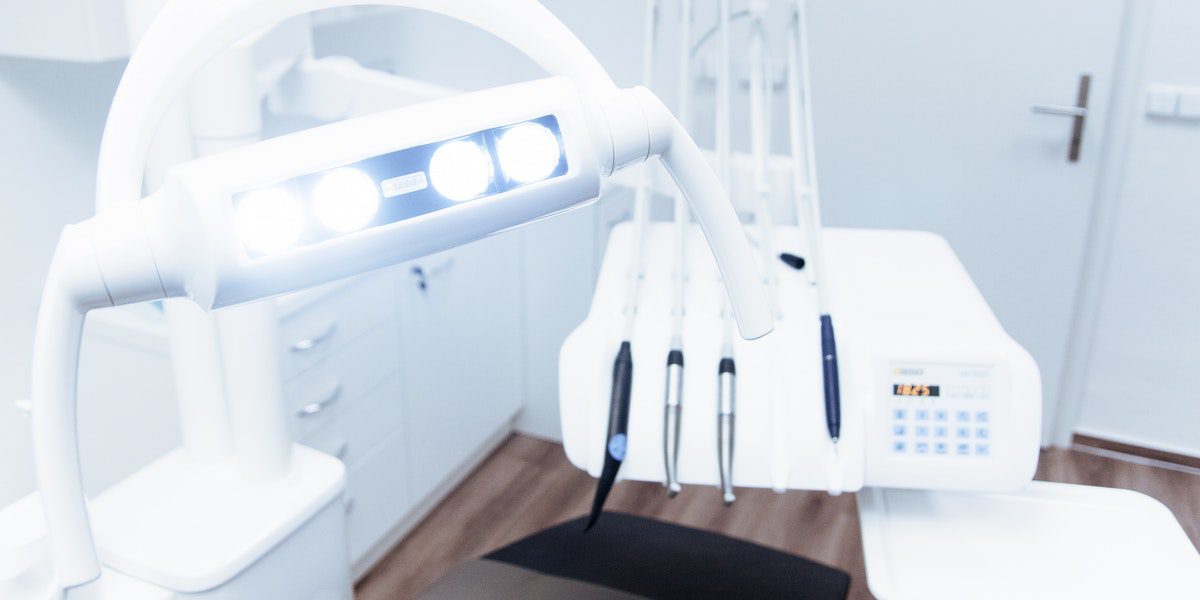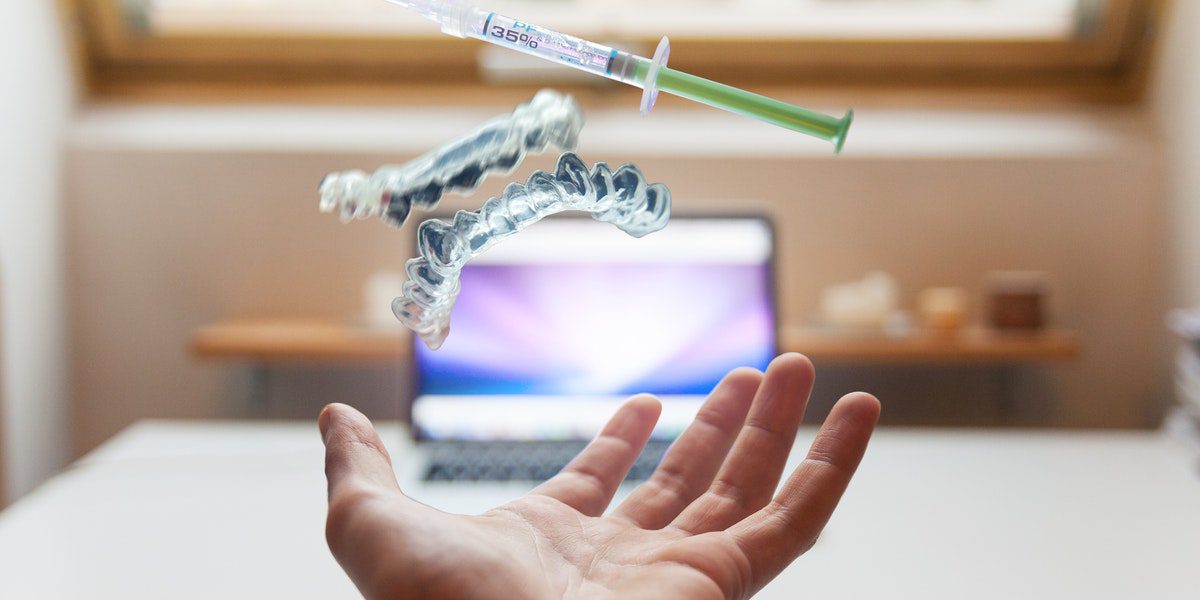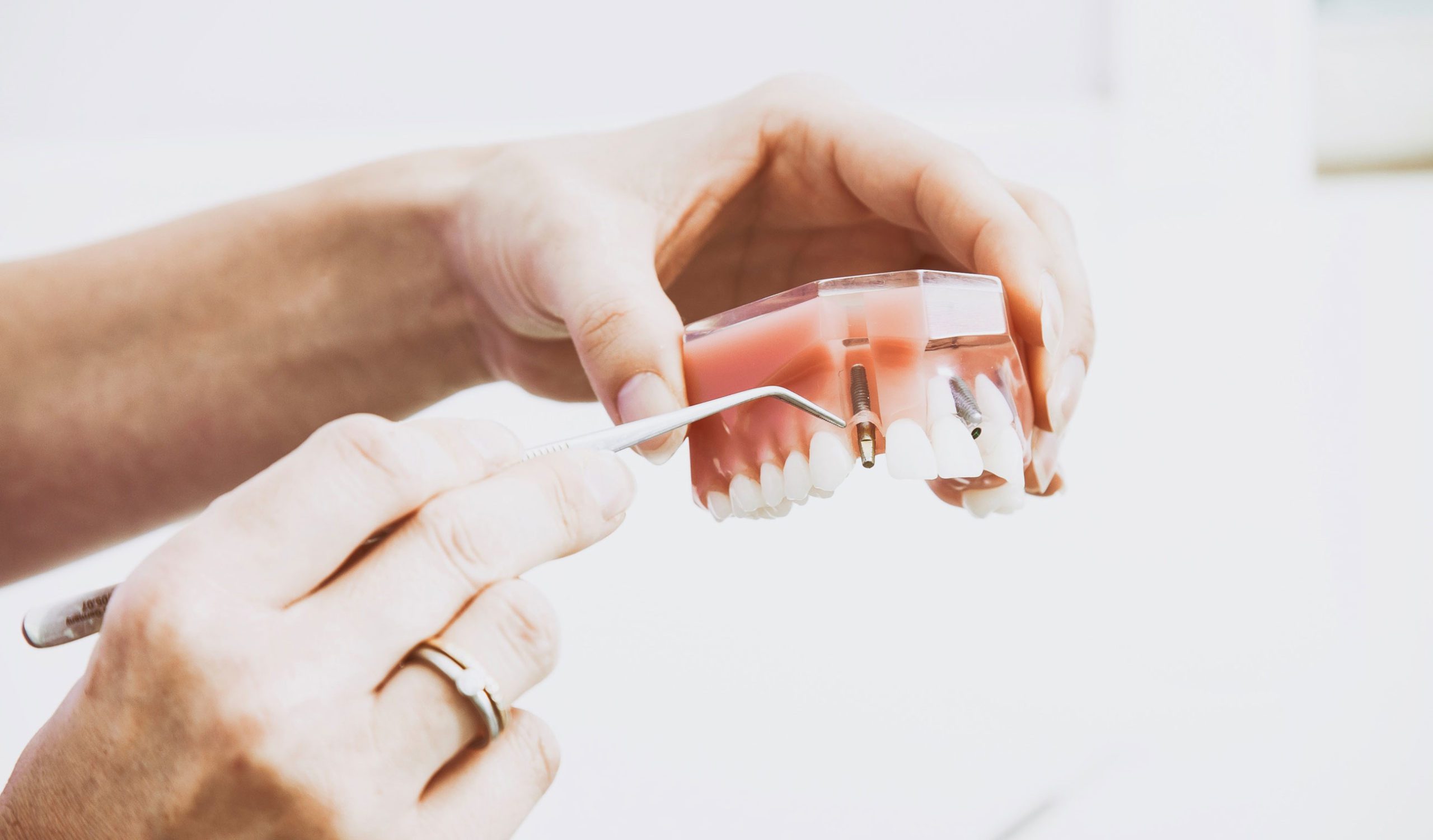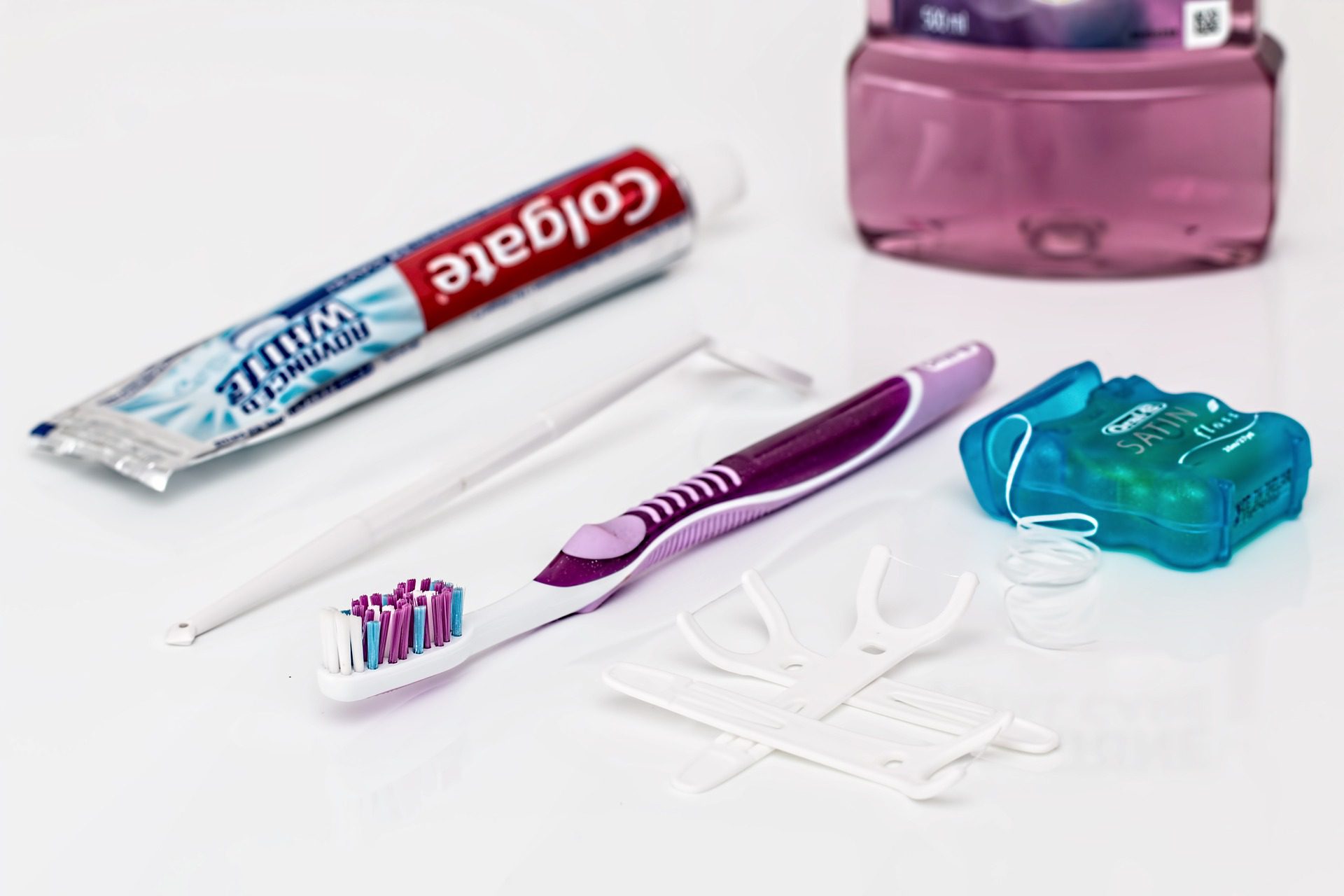Other Articles,
Everything You Need To Know About Dental Implants
By Buttercup 7 Day Dental 30th Nov 2018
A dental implant is one of the most advanced and effective treatments for replacing teeth.
An implant is a titanium screw which is drilled into your jaw, to which a natural-looking artificial tooth is attached. Titanium has the ability to attach itself to bone, holding solidly in place.
Dental implants are incredibly sturdy and long-lasting, giving you peace of mind with a shiny new smile and a massive boost in self-confidence!
The procedure is not one to be rushed into so make sure you talk it all properly through with your dentist before you book an appointment to start your implant journey.
To help you on your way and give you a little background knowledge before you call your local dentist, here’s our condensed guide to dental implants.

Are Dental Implants Suitable For Everyone?
The treatment is suitable for most people, as long as you have healthy enough gums and mouth. Even if you have tooth decay or gum disease, this can normally be treated before commencing treatment.
Dental implants aren’t recommended for anyone under the age of 18 because their bones are still growing. It’s also not recommended if you smoke, have badly controlled diabetes, or have undergone radiotherapy in your jaw area.

Dental Implants Procedure
Consultation
The process kicks off with a consultation from your dentist. They’ll examine the health of your mouth, running special tests using X-Ray or sometimes a CT scan.
They look to see how healthy your bone is to determine whether it can support an implant.
At your consultation, you’ll get the full quote and estimated project timescale.
Preparatory Treatment
Should you decide to go ahead, you might need to undergo extra work to prepare your mouth for the dental implant procedure. This is all stuff you’ll talk through with your dentist either when you have your initial consultation or in a follow up.
Rotten or broken teeth will be extracted to make room for the implants. If you have decaying bone, you may need a bone graft.

Placement of Implant
To fit the implant, you’ll be given a local anaesthetic to numb your mouth. The vast majority of people don’t feel any pain at all, only a slight discomfort. The dentist will cut into your gum and drill a small hole in your jawbone, which the implant will be slotted into.
For some patients, the artificial tooth can be immediately fitted onto the implant.
For most people undergoing the dental implant procedure, it will be a waiting game after this. The implant needs time to fuse with the bone surrounding it. This can take anywhere between 6 weeks and 6 months.
You might be offered a denture to wear while you wait for the implant to settle.
Artificial Tooth Fitting
Meanwhile, the dental technician and your dentist will get to work creating your artificial tooth/teeth.
When your mouth is ready, you’ll have your shiny new teeth screwed into place!

Recovery
Following the procedure, your local anaesthetic will wear off. Until you regain feeling in your mouth, it’s advised that you don’t eat or drink anything.
In the days and weeks that follow, you may experience a little pain, including tenderness and swelling. You should opt for soft foods only, and your dentist might give you a course of antibiotics or an antiseptic mouthwash just to make sure your new teeth are kept in absolute tip-top condition for the first while!
Aftercare
To ensure that the process is running smoothly, make sure to check in with your dentist regularly. You should attend appointments every 3-6 months — so a bit more frequently than your usual 6-month check-up.
Cleaning your dental implants follows the same rules as your real teeth. Just because the implants aren’t real teeth, it doesn’t mean that you don’t need to brush them as normal or you risk developing gum disease. Brush and floss twice daily and don’t smoke.
If you take good care of your dental implants, they should last a lifetime.

Dental Implants Cost
At Buttercup 7 Day Dental, our implant consultations are free of charge, but you may be charged at other dental practices.
Quotes from different dentists for different dental implant procedures will range widely but do not be tempted to go with the cheapest quote you come across. It’s more important to ensure the dentist is fully qualified and has a wealth of experience to draw on.
Dental implants are not available on the NHS.
Our treatment costs vary depending on the task complexity – generally, the cost of a single implant starts at £2350.

How Do Dental Implants Compare To Other Methods?
Other methods you may be researching could include bridges, crowns and dentures.
Dental implants may cost more than crowns and bridges initially, but in the long-run, they are a more cost-effective and satisfactory option.
Dental implants are more sturdy than dentures. As implants are firmly attached in your mouth, they do not move around, whereas dentures can.
There are many bonuses to opting for dental implants over other methods. They feel secure and strong, help to prevent bone loss, can improve speech problems, allow you to eat a wider variety of foods more easily, and they don’t require any adhesives or specialistic cleaning equipment.
It can be an expensive treatment with a longer treatment time than other methods, but in the long-term it is an investment worth its price tag and time commitment.

Interested?
Buttercup 7 Day Dental offer free, no obligation dental implant consultations.
From exploring the process in more depth than is covered here to working out finance plans, our team of specialist dentists are happy to help you with any queries or concerns you may have.
To arrange your free consultation, contact us today.
Similar Posts
Electric Vs. Manual: Which Toothbrush Should You Choose?
By Buttercup 7 Day Dental • 23rd Feb 2017
Eager to learn about dental implants? Our dentist in Glasgow answers 5 FAQs about them
By Hannah Kemp • 03rd May 2021
New to Invisalign Glasgow? Here’s what you need to know
By Hannah Kemp • 06th Apr 2022


